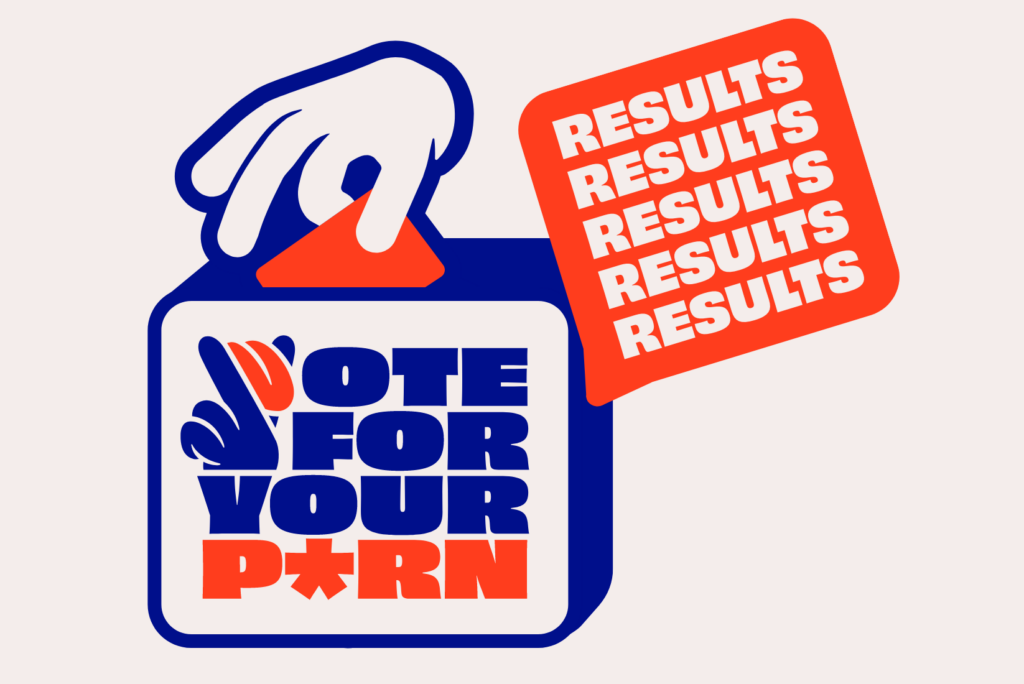October 10th marks World Mental Health day. A day to raise awareness about mental health issues worldwide, and to mobilise efforts to support those struggling and fighting.
Mental disorders have become Europe’s most enormous health challenge in the 21st century. According to the World Health Organization, around 450 million people currently struggle with mental illnesses, making it the leading cause of disability worldwide. We are only starting to realise just how big the potential damage of this crisis really is, and how much it affects countless aspects of people’s lives and society as a whole.
Mental health on its own is already a stigmatised topic. If you add sex & sexuality to the equation it is a one-two stigma punch. But the link between the two runs deep. We know the amazing things sex can do for your mood and mind—from the release of endorphins and oxytocin to the emotional intimacy you feel with your partner. Vice versa, numerous studies have also shown how mental health conditions can make it difficult to get into, enjoy and feel empowered by sex.
Sexual health is so much more than just the absence of sexual illnesses. It involves respect, safety, and freedom from discrimination and violence. Sexual repression can be the origin of a great number of mental diseases. Studies have shown that higher sexual health is “significantly associated with less frequent nicotine and substance use, lower self-reported depression, lower thrill-seeking, higher self-esteem, having fewer friends who use substances, higher religiosity, better social integration, lower frequency of delinquent behaviour and crime, and more frequent community group membership.” So why are we not talking about this important intersection?
“The mental health system has a difficult history with sexuality, specifically for women and those who were not heterosexual,” writes Professor Liz Hughes in her research report. From eugenic sterilization, gay conversion therapy, to forcing parents with mental health issues to give up their children for adoption, not to mention the decades of treating people with uteruses for so-called “hysteria” – sexual and mental health have suffered a real disconnect and people are now paying the price. Providing resources for people about how sexual health impacts mental health and vice versa, as well as investing in sex education and sexual freedom for all genders could improve millions of lives worldwide.
Reconnecting mental health & sexual health through the healing powers of music and sound
Music therapy is a practice that has been widely implemented over the past couple of decades. It can be used to help with emotional regulation, and to help us return to homeostasis (a state of balance among all the body systems). CHEEX Sound Designer Mike Holmes started learning instruments, and creating his own self-help pieces before finding out he had ADHD. “Scientifically the benefits of sound and music to everyone’s psyche are gigantic. Humans have been using music for mood regulation and stimulation for millennia.” – Holmes told CHEEX.
Everyone has different tastes when it comes to music, but the science of sound is much less individual than you might think. Different frequencies are needed to stimulate specific brain waves. When this knowledge is applied correctly, soundscapes can assist with relaxation, deep sleep, focus, and more. “Alpha waves for example help increase creativity and calmness. Whereas delta waves help us sleep better.”
Diving into the science of sound, Mike also taught us about the benefits of binaural beats. We speak about binaural beats when two slightly different frequencies of sound are played into each ear, the brain perceives a fixed beat or frequency. These beats are referred to as binaural beats. The benefits of those beats come when the brain responds with synchronized neural activity and changes the brain waves, which in turn enhances functions like sleep and focus.
Other tools are pink and white noise. White noise refers to a type of sound that has an equal intensity across all frequencies audible by the human ear which can significantly improve sleep. Pink noise is a constant sound in the background that filters out things that distract you. “This is why we use white noise to calm babies,” Mike adds.
When we asked Mike if we could create soundscapes with the purpose to improve people’s sex lives, he was immediately on board. “Soundscapes can take people to happy and familiar places. That sounds like a good place to be when you get intimate with someone,” he replied laughing.
In collaboration with Mike, CHEEX has created 10 unique soundscapes designed to help our community to relax, get into the mood, stay in the zone, minimise distractions as well as create a space where one can enjoy intimacy, with themselves or a partner. When asked about his personal favourite Mike told us “The Rise and Shine mix is one of my favourites, this is because it is timed around the exercise of circular breathing. Breathe in for 4 seconds, hold it for 4 seconds, and breathe out for 4 seconds.”
Because accessibility is also a big topic when it comes to both mental health and sexual health, CHEEX has decided to make a soundscape also available for free on Youtube, so you can add it to your sexy playlist. With a mix of alpha and beta waves, The Sound of Sex helps to keep you in the right mindset so you can give your partner and yourself the attention you both deserve. Many people find it difficult to let go of their thoughts and fully engage in their intimate time – this soundscape is designed to help you get the most out of your sexual experiences.
We hope that our soundscapes will help you get lost and find yourself again in music. With them, we want to give you desperately needed tools to integrate taking care of yourself before, during and after sex. It is time to break the mental health and sexual health stigmata, and to start conversations about sex & sexuality as a fundamental pillar of mental health. Mental health problems can make people feel lonely and hopeless. To be struggling with sex-related issues you do not know how to, or you feel you are not allowed to talk about, can be isolating. For Mental Health Day 2022, let’s find our way back to ourselves through sounds.
Our selection of articles is growing every week.
Go educate yourself and dive deep into several topics around Sexucation, Culture, Health and Love&Lust.









